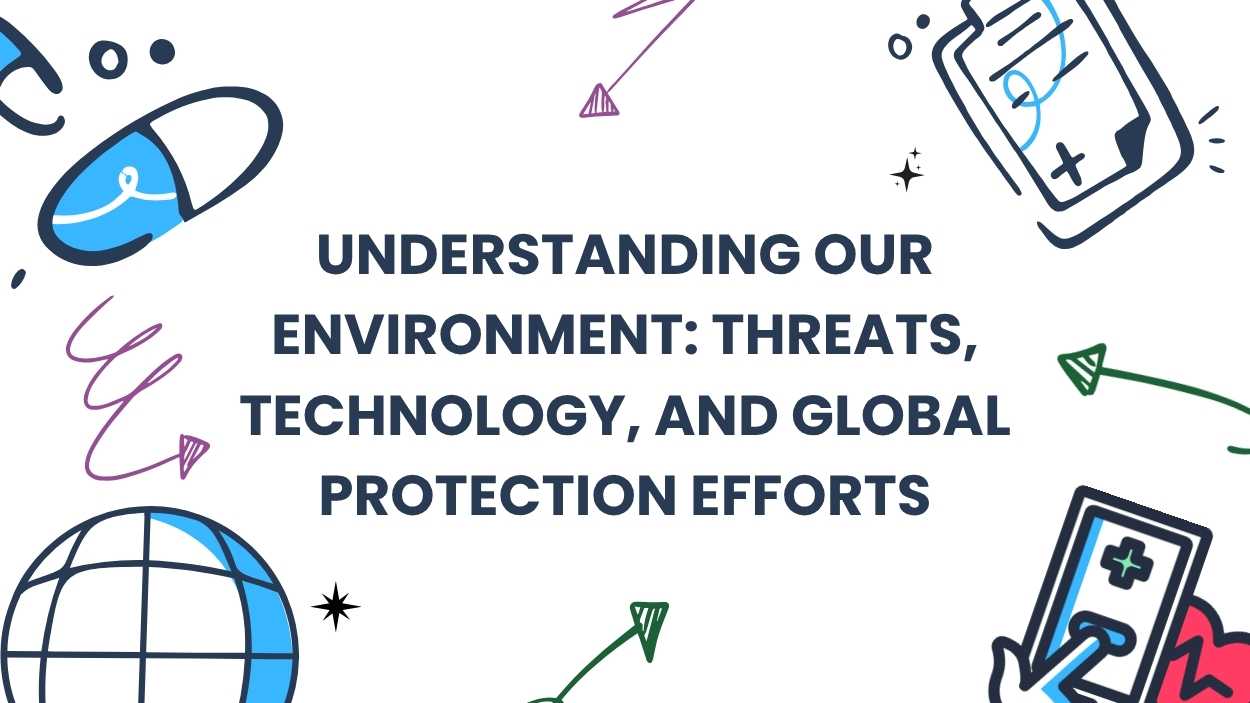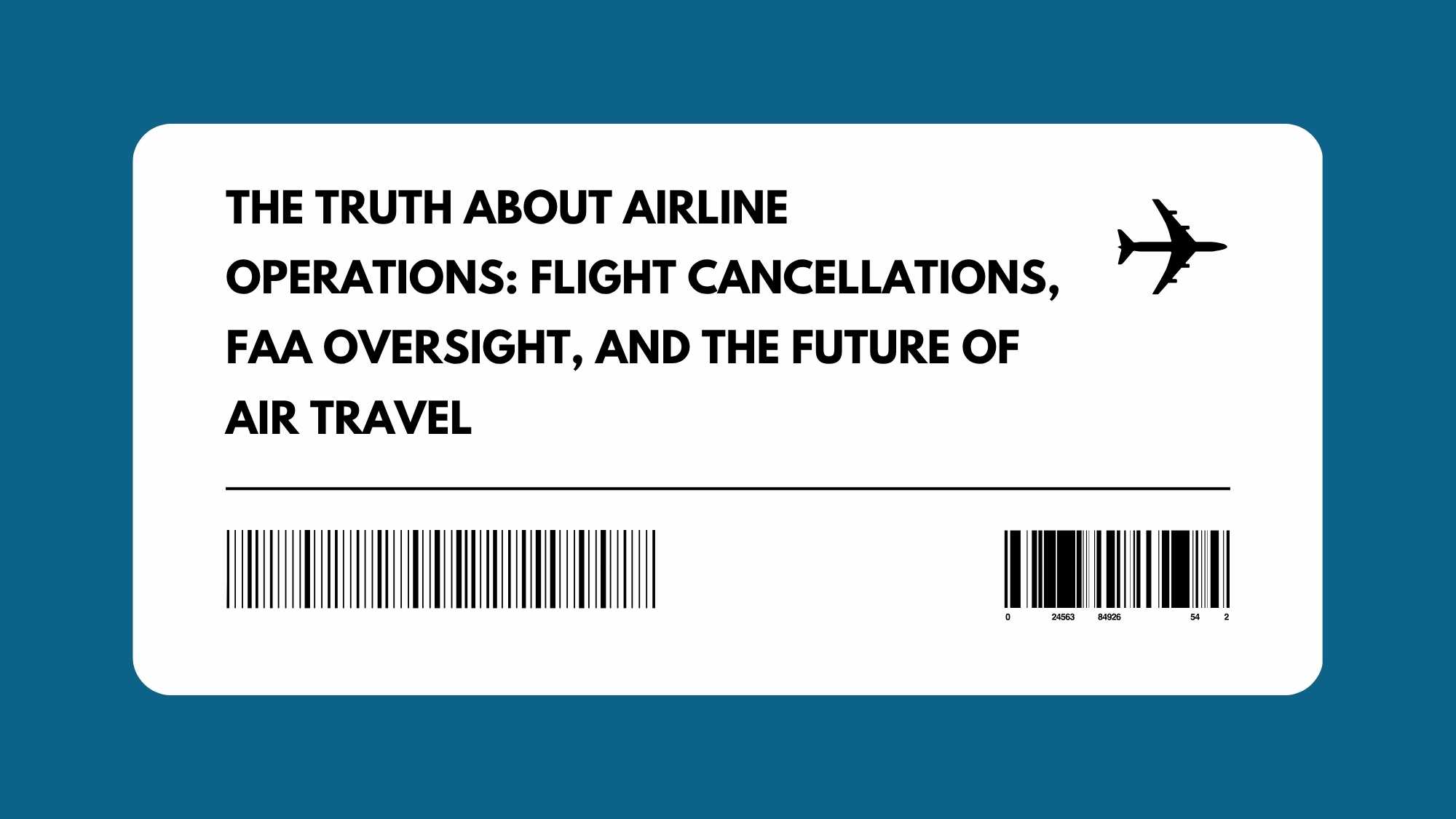The recent announcement that BLS International has been barred from bidding on future Ministry of External Affairs (MEA) tenders for two years has sent ripples through the travel and outsourcing industries. While the company assures continued service under existing contracts, the development casts a shadow on its future prospects and raises questions about the security and efficiency of visa and passport processing services for Indian citizens, especially those living abroad. The MEA’s action, reportedly stemming from complaints and legal battles, suggests underlying issues that extend beyond mere procedural hiccups. This situation compels a closer examination of the visa outsourcing model and its potential vulnerabilities.
The immediate impact is undoubtedly felt by BLS International, evident in the dip in its share price. Beyond the financial hit, however, lies a significant reputational risk. While the company emphasizes its diversified global operations to mitigate financial damage, the MEA’s decision could erode trust among potential clients worldwide. A blacklisting by the Indian government, even if temporary, raises concerns about service quality and compliance, potentially influencing future contract awards in other countries. The firm’s ability to effectively address these concerns and restore confidence will be crucial for its long-term survival and growth.
For Non-Resident Indians (NRIs) and other travelers, the immediate effects appear minimal, as existing services remain operational. However, the long-term implications are less clear. A decrease in competition within the visa processing sector could lead to higher fees, reduced service quality, or slower processing times. Alternative providers may not possess the same level of experience or infrastructure, potentially creating bottlenecks and inconveniences for applicants. It’s essential that the MEA ensures a smooth transition and maintains stringent oversight to prevent any deterioration in service standards during the transition period and beyond.
BLS International’s response, including the possibility of legal action, suggests a potential dispute that could further complicate matters. The lack of specific details regarding the MEA’s concerns fuels speculation and uncertainty, hindering efforts to resolve the issue swiftly. Transparency and open communication are paramount to address legitimate grievances and rebuild trust. A protracted legal battle could further damage the company’s reputation and prolong the disruption to visa processing services. A collaborative approach, focused on resolving the underlying issues, would be far more beneficial for all stakeholders.
The Future of Visa Outsourcing
The BLS International situation serves as a cautionary tale for the visa outsourcing industry. It highlights the importance of robust oversight, transparent procedures, and a commitment to service excellence. Governments must ensure that outsourcing partners adhere to the highest ethical and operational standards to safeguard the interests of their citizens. The incident also underscores the need for companies to diversify their revenue streams and reduce reliance on single government contracts. By prioritizing customer satisfaction, fostering innovation, and maintaining a strong global presence, visa processing firms can build resilience and navigate the ever-changing landscape of international travel.













